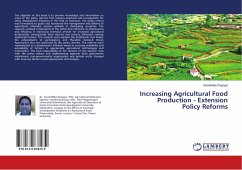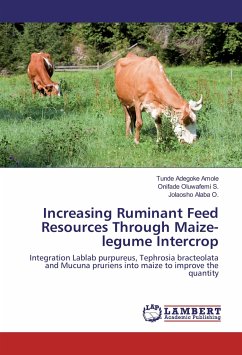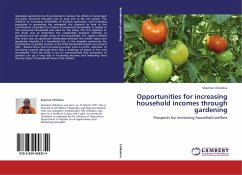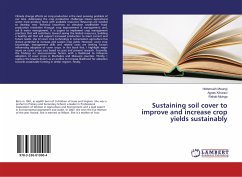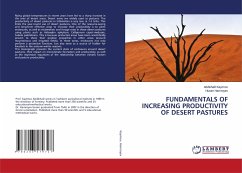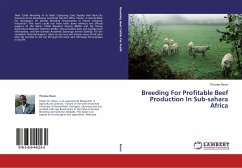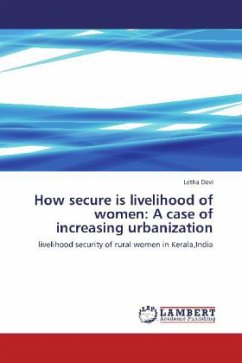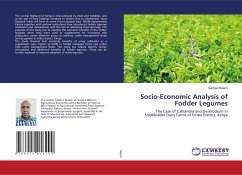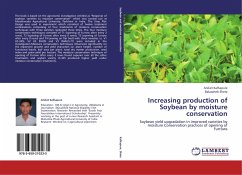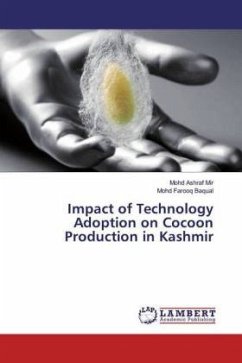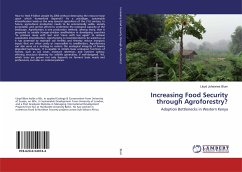
Increasing Food Security through Agroforestry?
Adoption Bottlenecks in Western Kenya
Versandkostenfrei!
Versandfertig in 6-10 Tagen
51,99 €
inkl. MwSt.

PAYBACK Punkte
26 °P sammeln!
How to feed 9 billion people by 2050 without destroying the resource base upon which humankind depends? As a paradigm, sustainable intensification leads us the way toward agriculture of the 21st century. In future, agricultural production needs to be economically viable, socially acceptable, and cannot afford to undermine the ecological capacity of the landscape. Agroforestry is one production method, among many, that is proposed to enable hunger-stricken smallholders in developing countries "to produce more with less" and "more with less again" to achieve sustainable intensification. Agrofore...
How to feed 9 billion people by 2050 without destroying the resource base upon which humankind depends? As a paradigm, sustainable intensification leads us the way toward agriculture of the 21st century. In future, agricultural production needs to be economically viable, socially acceptable, and cannot afford to undermine the ecological capacity of the landscape. Agroforestry is one production method, among many, that is proposed to enable hunger-stricken smallholders in developing countries "to produce more with less" and "more with less again" to achieve sustainable intensification. Agroforestry is recommended to be scaled-up as it has potential to maintain soil fertility and thereby reduce inorganic inputs that are often costly or inaccessible to smallholders. Agroforestry can also serve as a strategy to restore the ecological integrity of heavily degraded landscapes. It is capable to imitate basic ecological functions of forests, such as soil cover, moisture retention, and nutrient cycling; offering structural diversity for wildlife generalists, if well-designed. Yet, which trees are grown not only depends on farmers' basic needs and preferences, but also on national policies.



